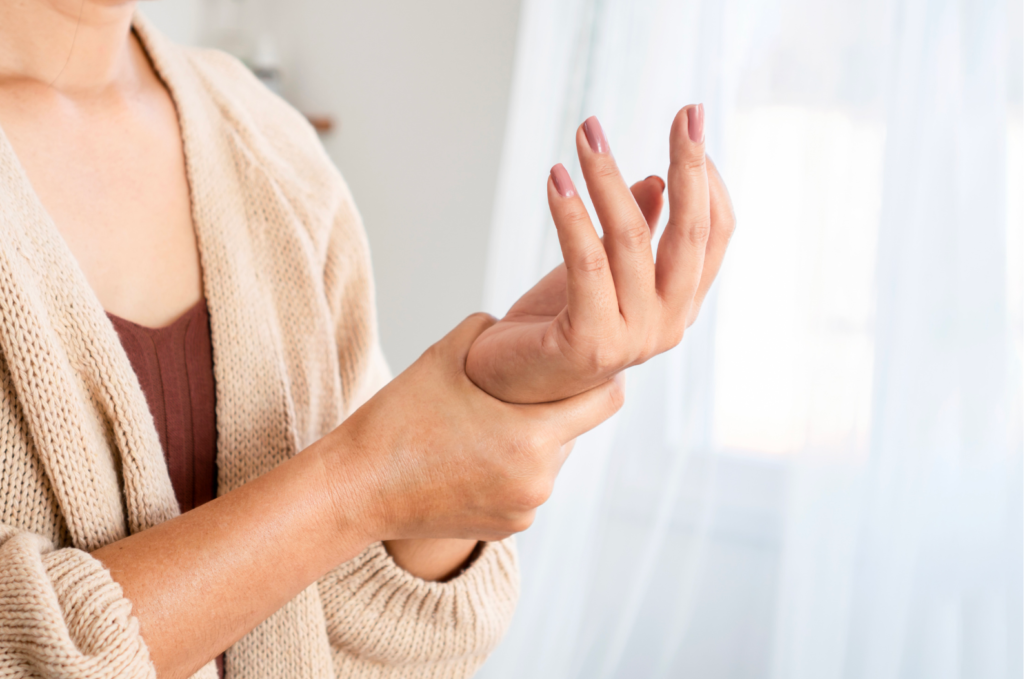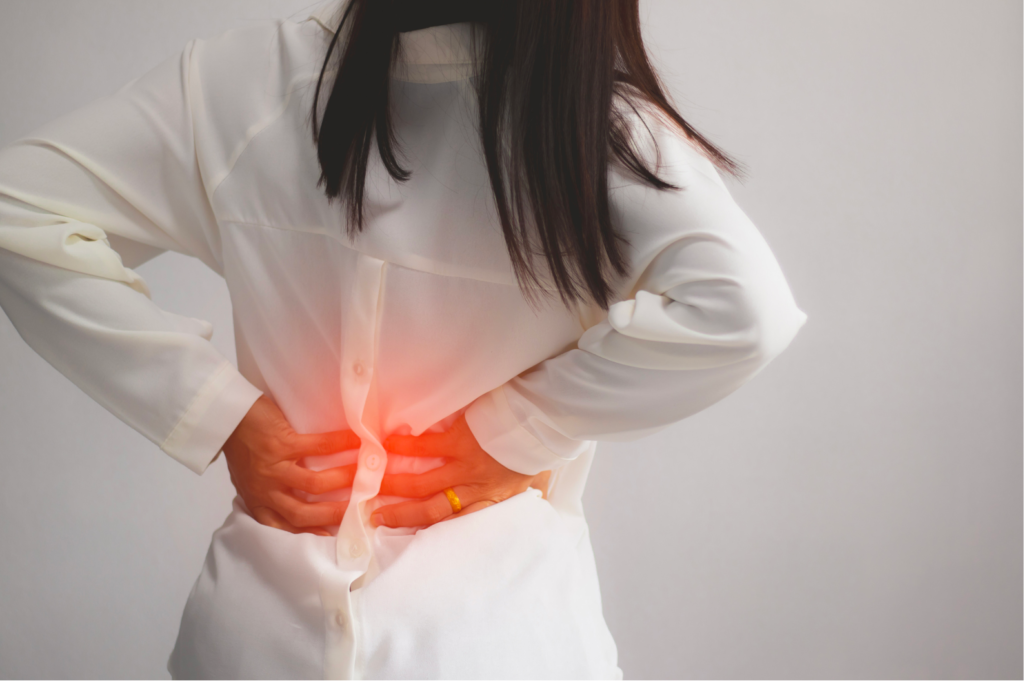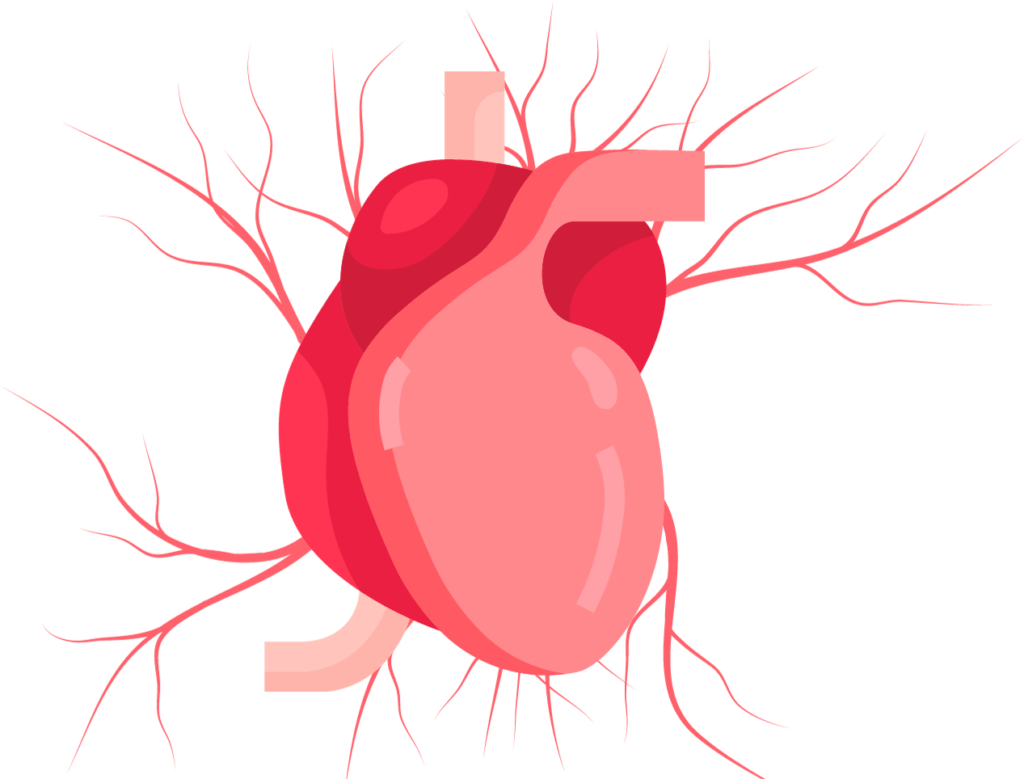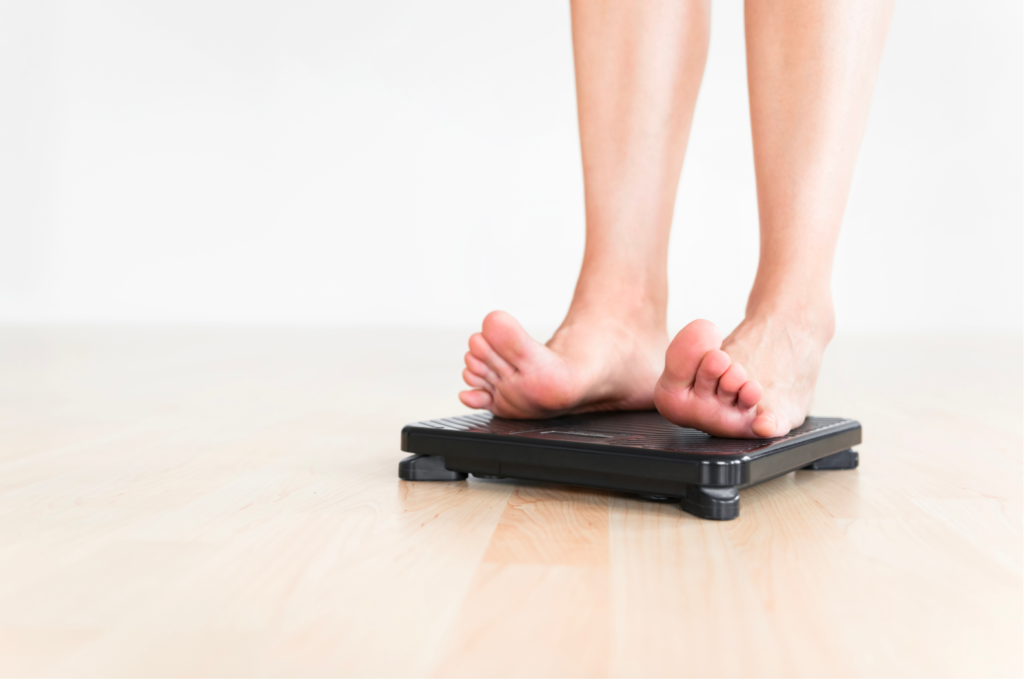
Post-menopause
Share
Once the menopause is established, we speak of the post-menopause period. This new phase is accompanied by transformations both physically and mentally.
This is an opportunity to take a step back and better understand this stage of your life in order to experience post-menopause with complete peace of mind. Post-menopause is the period following menopause: one year after your last period.
Some symptoms gradually diminish and even disappear completely. Unfortunately, some effects, such as vaginal dryness and bone fragility, may be permanent.

What are the impacts of this phase and how to manage them?
The period following menopause can bring a variety of significant changes and challenges in physiology and fitness:


Bone fragility
One of these major challenges is the onset of bone fragility, osteoporosis, a condition affecting about one in three women after menopause. During this period, hormone levels, particularly estrogen, decrease, which impairs the ability of bone cells to regenerate damaged bone tissue.
This phenomenon leads to a rapid decrease in bone density, thereby increasing the vulnerability to fractures.
Fortunately, it is possible to prevent osteoporosis by adopting a diet rich in in calcium, by including dairy products in your diet. It is also essential to maintain adequate levels of vitamin D, as it aids in the absorption of calcium and its fixation in bones.
The cardiovascular system
The cardiovascular system also undergoes significant changes, as estrogen no longer provides the protection it once did against plaque buildup in the arteries. Maintaining your cardiovascular health therefore involves regular physical exercise. In addition, a diet rich in omega-3s, found in particular in oily fish, nuts, as well as canola and flaxseed oils, can help reduce the risk of cardiovascular problems.

Urogenital problems
On the other hand, problems uro-genital may occur after menopause. Pelvic floor exercises are highly recommended to prevent these problems. The pelvic floor is a group of muscles that are essential for supporting the urogenital system, and strengthening it can help prevent these problems. You can perform pelvic floor strengthening exercises at home, using devices specially designed for this purpose.

Weight gain
Finally, the issue of weight gain frequently arises at this stage of life, mainly due to the drop in estrogen levels. Weight gain tends to be concentrated around the abdominal region.
To avoid this, it is crucial to maintain a balanced diet and stay physically active.

In summary, the postmenopausal period presents significant challenges, but by adopting adequate preventive measures, it is possible to mitigate the negative effects on bone health, weight, cardiovascular system, skin, and uro-genital well-being. Take the time to understand these changes and incorporate healthy lifestyle habits to go through postmenopause with serenity.
If you are looking for an effective way to relieve the effects of menopause, including hot flashes and night sweats, consider Hera, our new Athana.
This innovative device uses cryotherapy to provide instant relief in just seconds.
